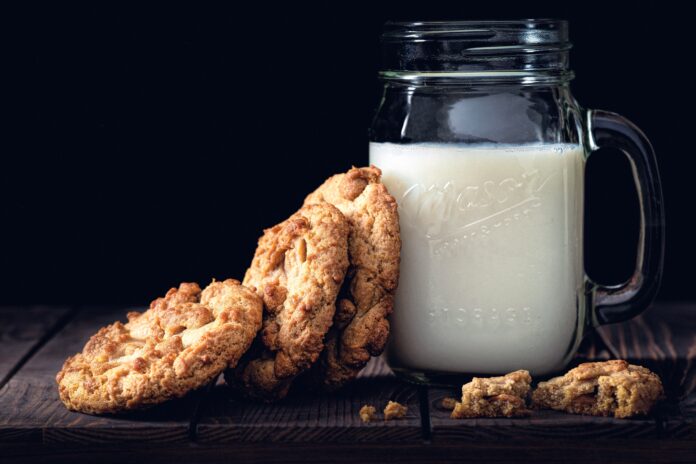
The global probiotics market is expected to value over US$ 80 billion by 2027 end and is predicted to grow at a CAGR of 6.8% during the forecast period of 2020 to 2027 as highlighted in a report published by Coherent Market Insights.
Growing awareness regarding the importance of maintaining gut health is primarily fueling the market growth of the probiotics. Growing cases of digestive disorders around the globe are propelling demand for probiotics. Changing lifestyle coupled with the changing eating habits is further increasing the prevalence of digestive disorders. Probiotics are gaining huge demand among consumers for improving gut health. Thus, growing awareness regarding the maintaining of gut health is augmenting the market growth of probiotics.
Increasing use of probiotics in a new application such as probiotics with products such as muffins, cheese, chocolates, and sausages is projected to bring new market opportunities. For instance, in October 2018 Unilever introduced a new probiotic ice cream brand, Culture Republick, which it says is the first premium ice cream to contain probiotics. Culture Republick’s product range includes seven flavours: milk & honey, turmeric chai & cinnamon, cold brew & chocolate chip, pistachio & caramel, lemon & graham, chocolate & cherry, and matcha & fudge.
Availability of various substitute with similar functionalities such as improving immune response and digestive health is restraining the market growth of probiotics. Moreover, the lack of advertising for promoting product awareness and its benefits is again expected to hamper the market growth of probiotics.
Key Takeaways
Based on application, human probiotics dominated the global probiotics market in 2019 with around 93% of market share in terms of revenue, followed by animal probiotics.
Market Trends
According to Coherent Market Insights‘s study rising use of lactobacillus strain as an additive in yogurt and milk products to enhance digestibility and minimize the risk of blotting and acid reflux is a major trend in the market. Moreover, lactobacillus strain is also beneficial in enhancing the texture and flavor of yogurt since it offers a sweet taste. Hence, lactobacillus strain is gaining huge demand across milk and yogurt products, thereby augmenting the market growth of probiotics.
Partnership and agreements among major manufacturer is a major trend in the market of probiotic. For instance, in September 2019, DuPont Nutrition & Biosciences announced a strategic collaboration with BY-HEALTH, a health care company in China. The goal of this the strategic collaboration is to focus on research and development of probiotic dietary supplements with “new functions, new ingredients and new technologies,” including joint research on intestinal microecology and the development of new probiotic dietary supplements and applications for use.
Global Probiotics Market – Impact of Coronavirus (Covid-19) Pandemic
The rapid increase in demand of nutrition food products in recent times coupled with the disruptions in supply chain caused during Coronavirus (Covid-19) Pandemic has resulted in inability to maintain levels of supply. However, rising demand for probiotics owing to rising health issues among elderly population for immunity boost during Coronavirus (Covid-19) Pandemic is expected to stabilize the growth of the market after the mid quarter 2020.
Competitive Section:
Key companies in the global probiotics market are BioGaia AB, Chr. Hansen, Groupe Danone S.A., Nestle S.A., PROBI AB, Lifeway Foods, Inc., Mother Dairy, General Mills, Inc., China-Biotics, Inc., Yakult Honsha Co., Ltd., and E. I. du Pont de Nemours and Company
Few Recent Developments
- In December 2017, Biosearch Life, a biotechnical company has announced the signing of a license and supply agreement with Nestec S.A., a company of the Nestlé group, for the worldwide marketing of “Hereditum Lactobacillus fermentum LC40” in a food supplement aimed at breastfeeding women for the purpose of maintaining healthy lactation.







